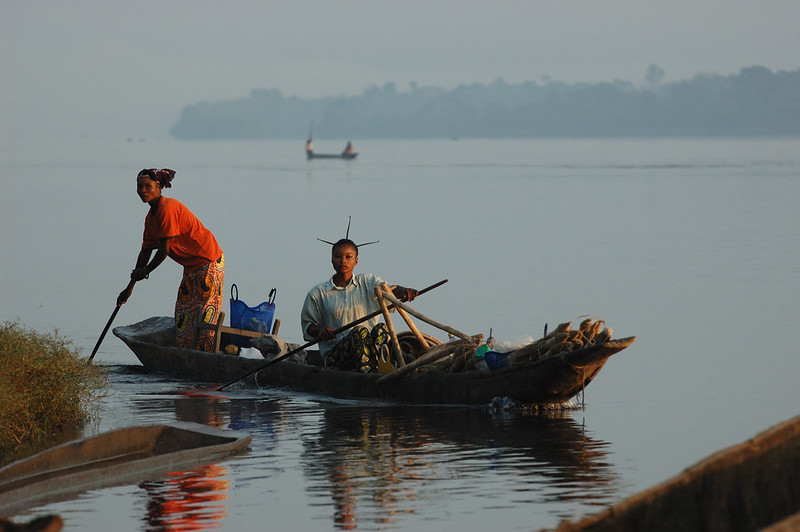The Continuing Humanitarian Crisis in the DRC
 The Democratic Republic of Congo (DRC) faces a multitude of intricate challenges, encompassing violence, food scarcity and mass displacement. Currently, the nation is grappling with a significant humanitarian crisis.
The Democratic Republic of Congo (DRC) faces a multitude of intricate challenges, encompassing violence, food scarcity and mass displacement. Currently, the nation is grappling with a significant humanitarian crisis.
The Issues
Since March 2022, an alarming 2.8 million people have been uprooted from their homes in the North and South Kivu and Ituri provinces, underscoring the urgent need for a comprehensive humanitarian response. The situation has escalated to an unprecedented level, resulting in a staggering 6.3 million internally displaced people — the highest number in all of Africa. This crisis, fuelled by rampant violence, is not only tearing families apart but is also pushing communities to the brink of economic ruin.
One of the most distressing aspects of this crisis is the prevalence of gender-based violence. With 31,000 registered cases, it is imperative to recognize that the true number is likely far higher, as many sexual crimes go unreported due to stigma and fear. The human rights violations that many women and girls endure are a reminder of the urgent need for effective protection mechanisms and access to justice.
The DRC is also grappling with an alarming food crisis. An estimated 27 million people in the country do not have enough to eat, highlighting the pressing need for immediate intervention. Furthermore, a staggering 72% of the population lives in extreme poverty, making it exceedingly difficult for families to meet their basic needs. The intertwined nature of these challenges requires a multifaceted approach to alleviate suffering and restore hope.
Support, Assistance and Solutions
The magnitude of this emergency is significant. In an effort to respond to the growing humanitarian needs, a total of £630 million has been raised for the humanitarian response plan as of June 19, 2023. However, despite these considerable efforts, the crisis endures, and its impact continues to escalate.
Change is being championed on a global scale. Initiatives such as providing business skills and training in the most impoverished areas aim to empower individuals to support their families. Climate-smart growing techniques, coupled with the necessary seeds and tools, are helping communities cultivate a balanced diet in their own gardens. Health centers and mobile clinics are being established to treat malnutrition, while the provision of cleaning supplies and clean water aims to prevent the spread of disease.
These efforts have yielded significant results. In 2020, more than 15,000 individuals experienced positive changes in their lives due to these interventions. While these initiatives are undeniably making a crucial difference, it’s crucial to recognize that the need continues to be substantial. Also, a sustained global commitment is essential to bring lasting change to the millions affected by this ongoing crisis.
Looking Ahead
The humanitarian situation in the Democratic Republic of the Congo (DRC) is characterized by violence, famine and mass displacement, necessitating immediate attention and collective efforts. The significant number of internally displaced people, the prevalence of gender-based violence and the food crisis underscore the urgency of the situation. However, amid these challenges, there are initiatives that aim to provide support, sustenance and medical care. The ongoing trends suggest that it is essential for the international community to work together to address the plight of the people in the DRC and to promote progress through coordinated action and ongoing support.
– Henry Tuppen
Photo: Flickr
